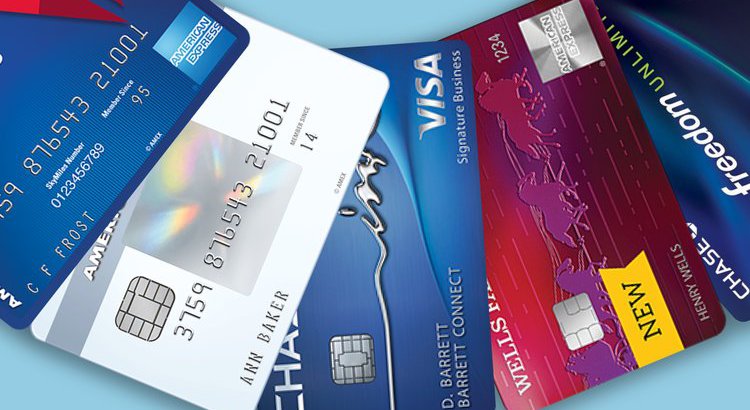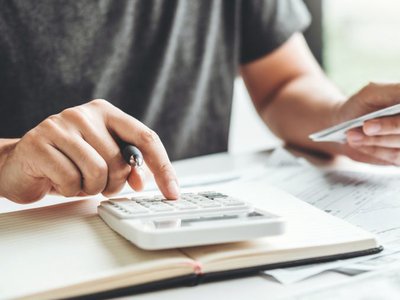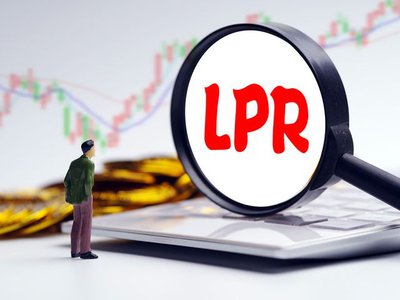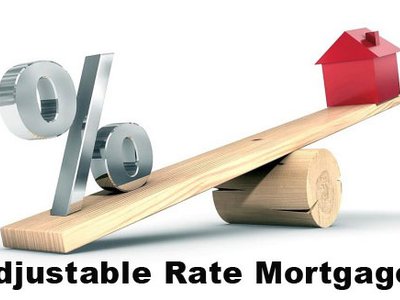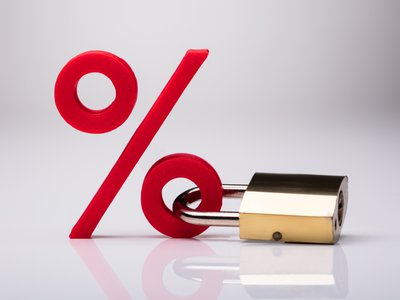Getting a credit card is a relatively easy process- the hard part can be learning to manage your credit cards wisely.
There's no doubt that credit cards are convenient. They allow you to make purchases with relative ease and help you avoid carrying around large amounts of cash loan. But like most things in life, there is an upside and a downside to credit card use. Let's start with some things you shouldn't do with your credit card.
Don't:
- Use a credit card for everyday purchases. These would be food, gas, and clothing, for example. It's much safer financially to pay for these routine items with either cash or a debit card.
- Make minimum-only monthly payments. Doing this will only prolong the life of your debt and force you to pay significant interest charges.
- Use a credit card to purchase something you really can't afford. Living (and buying) beyond your means is a sure-fire way to get into serious debt. If you are unable to pay for an expensive item with cash or a debit card, don't buy it. Use your credit card only if you are certain that you can pay off the balance in full when it is due.
- Close a credit card account without learning how your credit will be affected. Many times closing an account will lower your credit score.
Do:
- Pay off your credit balance in full every month. This should be considered the golden rule of credit card use. It takes discipline and commitment on your part, but the rewards are worth it. You will never have to pay an interest charge, late-payment fee, or service charge to your credit card company and can still enjoy the convenience of using your credit card. Plus, it's a great way to build and improve your credit history.
- If you can't make a payment when it's due, notify your creditor as soon as possible. Most will work with you to make a suitable payment arrangement but you must notify them before the scheduled payment date. Never ignore the situation.
- If you are unable to pay off your balance in full every month, try to stay within 30% of your credit limit. Having credit card accounts that are maxed out at their limits can severely damage your credit score.
- Try to negotiate a lower interest rate on your credit card. This will lower the interest charges you pay, if any.
What To Look For
When you are searching for a credit card, compare different ones and find the one that best suits your needs and spending habits. Having just one card with a relatively low credit limit ($500) can help you manage your spending and avoid getting into serious debt. Remember to only charge what you can afford to pay off in full on a monthly basis.You should know and understand the following terms and conditions of your credit card agreement:
- The annual percentage rate (APR). You want the lowest rate available, if possible.
- How the interest is calculated. This can affect how much you pay.
- Annual fees. A credit card with no annual fee is the best option, but most credit card companies are now charging some type of fee. Look for the lowest.
- Fees and penalties. These can be for late-payments, over limit charges, transaction fees, etc.
- Credit limits. A low limit, such as $500, can help you control spending and avoid getting into credit card debt.
- Grace periods. Find out when your creditor starts charging you interest on a purchase. Some do it immediately and others allow a certain amount of time before interest will accrue.
Finally, know yourself and your spending habits. If you are shopping around for a new credit card, seriously consider how you will use it. You shouldn't think of a credit card as increasing the amount of money you have to spend on things. It's important that you set guidelines for yourself and continue to live within your means. Maintain your budget and use your money-management skills. By using credit cards wisely, you can avoid the financial nightmare of overwhelming credit card debt.

